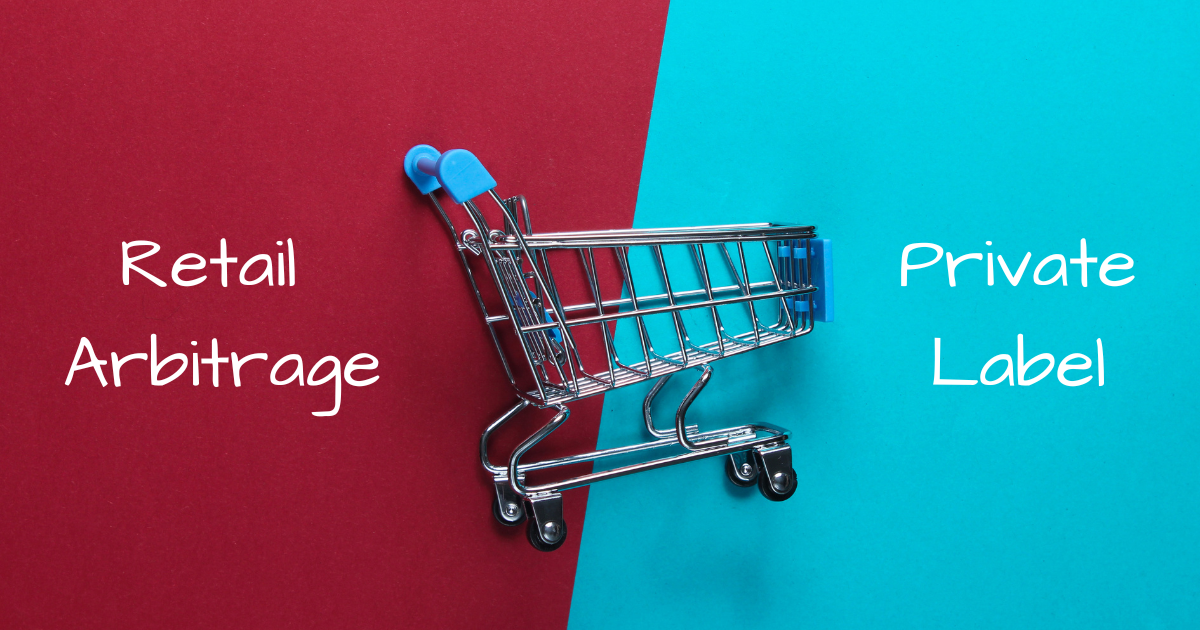These two strategies divide lots of sellers. There are pros and cons for both. Here are just a few of the Pros and Cons for both Retail Arbitrage and Private Label Selling.
Retail Arbitrage
Pros
- Low risk.
- You have control over what budget you spend on buying items to resell.
- Retail stores always have offers.
- Fundamental to learning Amazon policies.
- Scalable using virtual assistants.
- Wider reach of stores through Online Arbitrage.
- Fun going to retail shops to find bargains!
Cons
- Visiting stores (retail arbitrage) or trawling the internet (online arbitrage) to find products can be time-consuming.
- Competition means other sellers can ‘drop’ their prices. Meaning your items can be left in stock for a period of time.
Private Label Selling
Pros
- Potentially high profit margin IF you find a good product to produce.
- Brand registry. Meaning you can protect your product from being copied.
- Satisfying knowing you are selling your own products.
Cons
- High risk.
- High initial investment.
- Takes months to have a product ready to go.
- Dealing with manufacturing companies.
- Need to have legal documents in place. Certificates etc.
- Buying barcodes.
- You need to get product images produced in line with Amazon policies.
- No historical sales, so your product may not sell.
- Need to pay for advertising.




I believe there are many more pleasurable opportunities ahead for individuals that looked at your site.